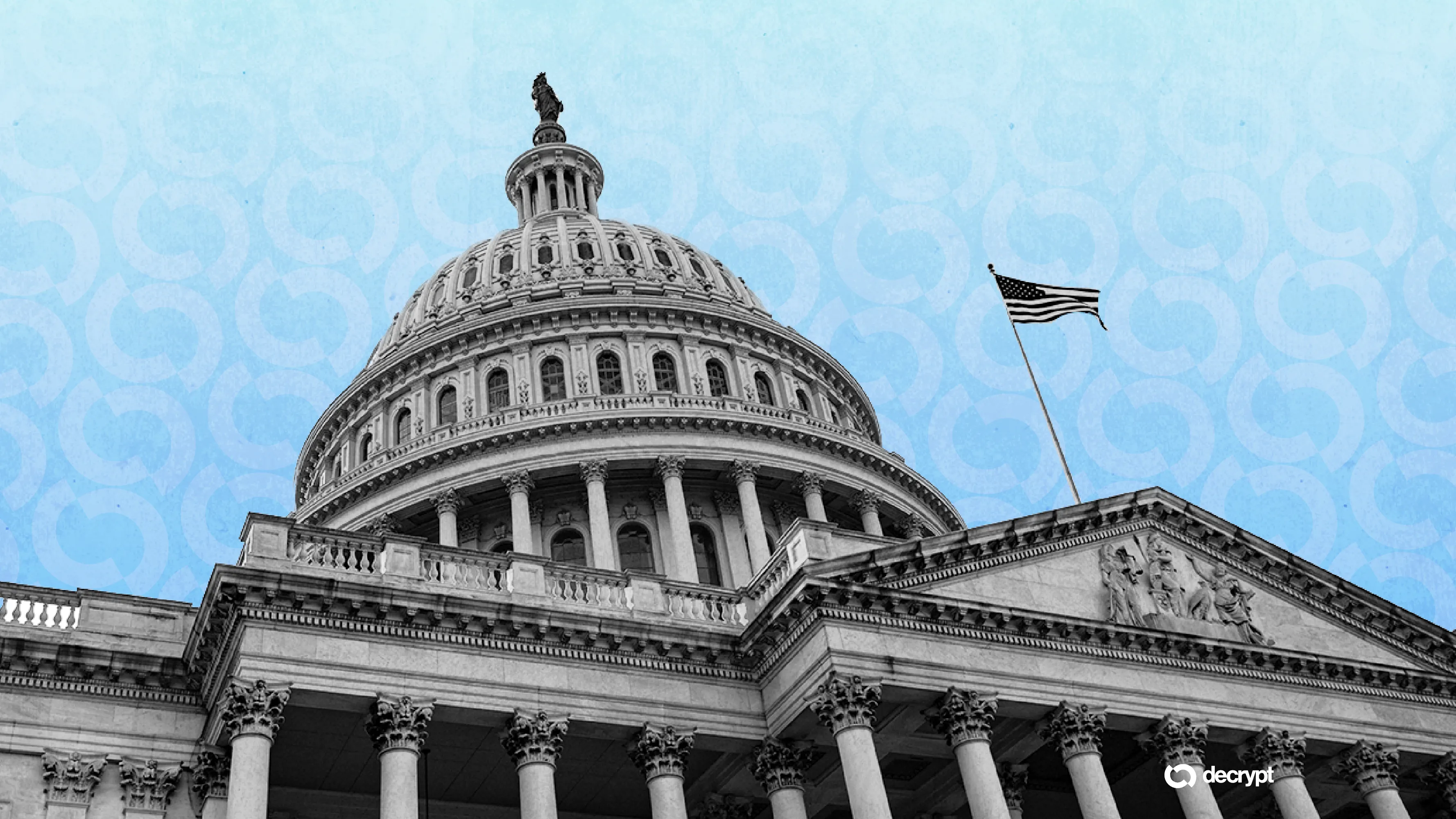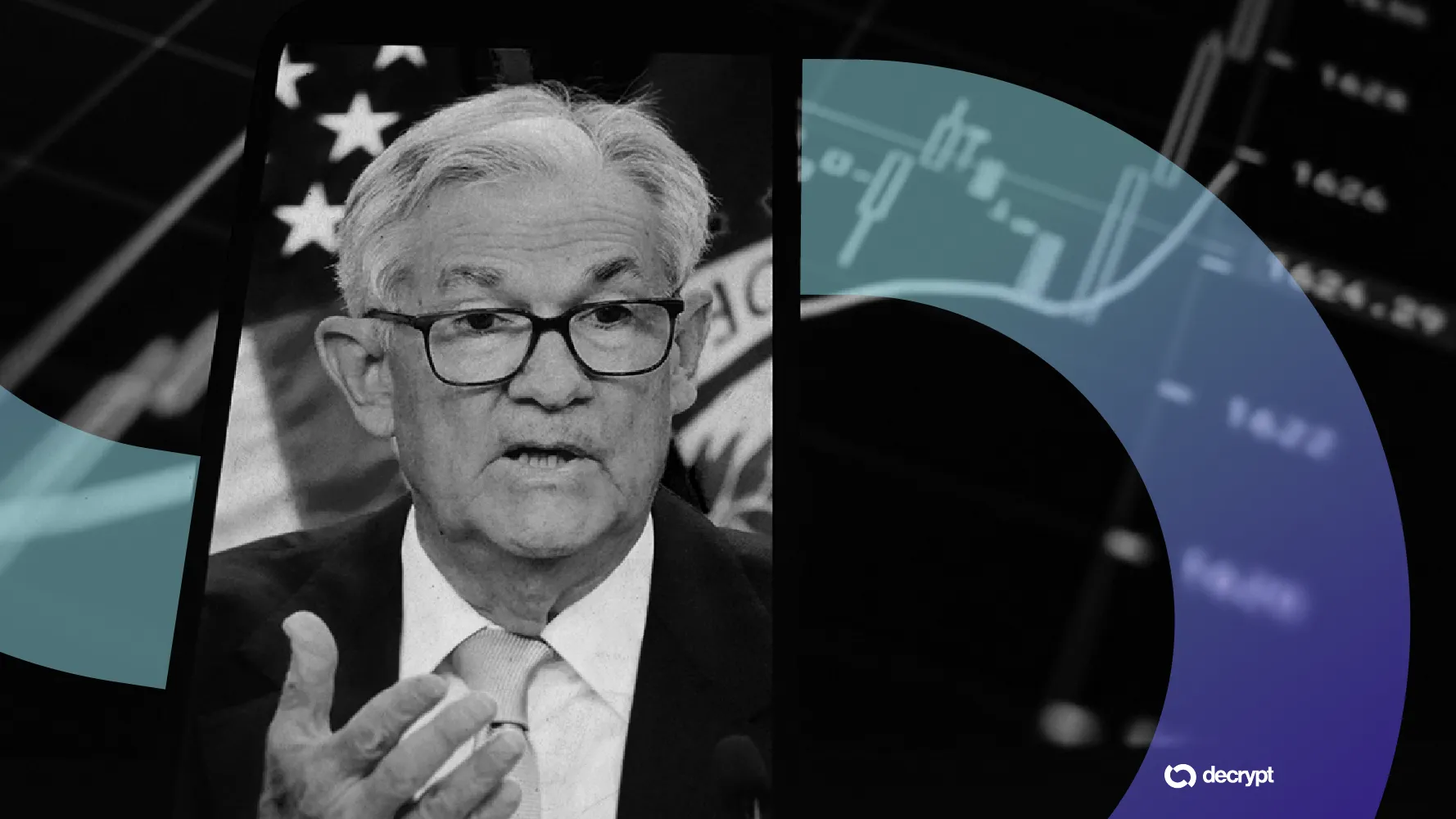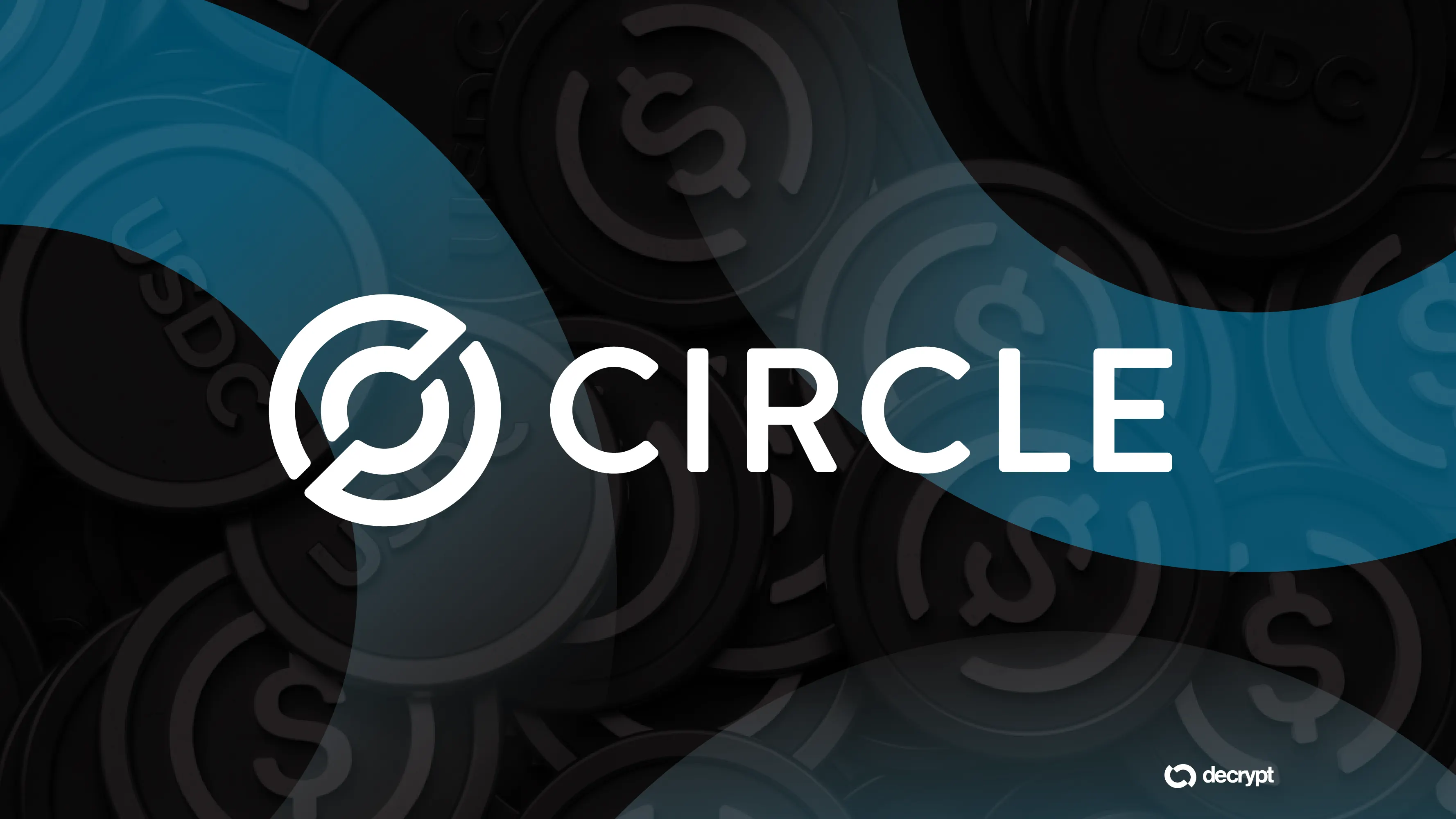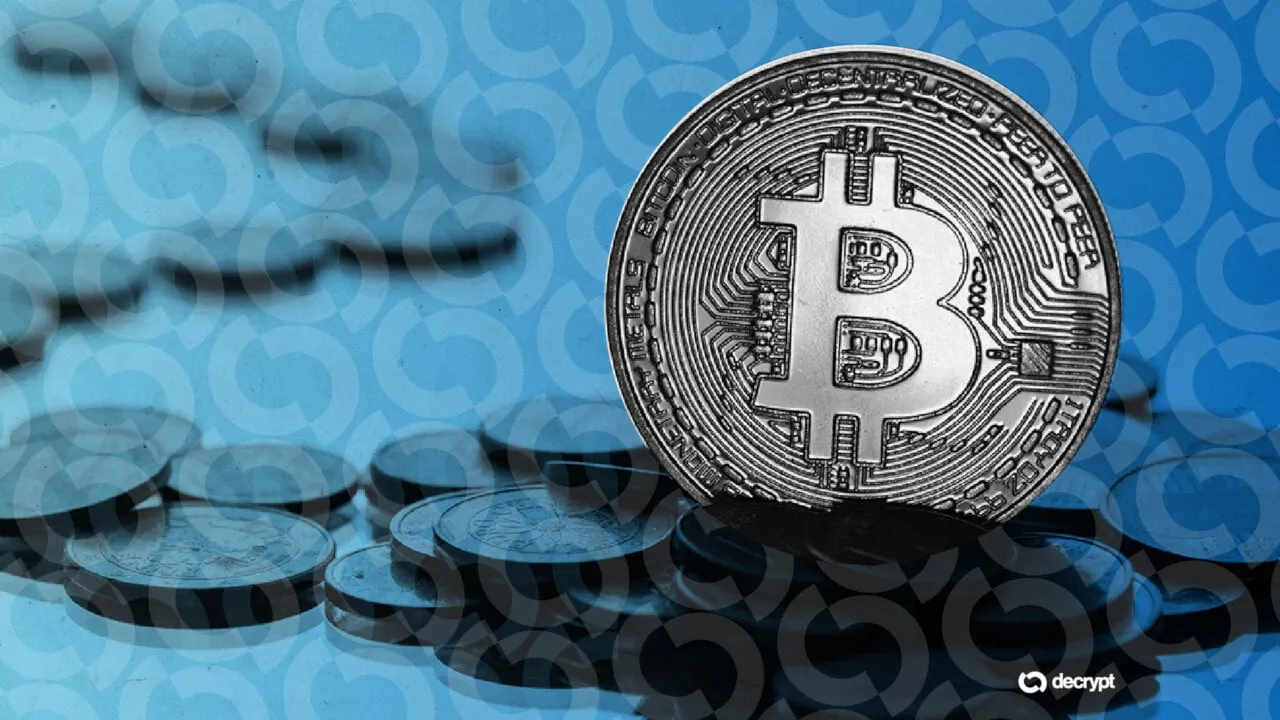In brief
- Coinbase and Circle shares jumped double digits following Senate passage of the GENIUS Act, which could bring regulatory clarity to stablecoins.
- The companies split interest revenue from USDC reserves—$297M for Coinbase last quarter—making them highly sensitive to Fed rate decisions.
- Analysts warn of rate risk ahead, noting lower interest rates could shrink a key income stream even as policy momentum builds.
Crypto exchange Coinbase and USDC issuer Circle have both seen their share prices leap double digits in the aftermath of a key Senate vote in favor of the GENIUS Act.
The GENIUS Act, if signed into law, would represent the first comprehensive federal framework for U.S. dollar-pegged stablecoins. By establishing clear rules for reserves, audits, and licensing, the bill could reduce regulatory uncertainty and make it easier for institutions to integrate stablecoins into mainstream finance.
Circle, which trades on the New York Stock Exchange under the CRCL ticker, has climbed 19.9% to $178.74 since the opening bell—marking a new all-time high for the stock. And Coinbase, which trades on the Nasdaq under the COIN ticker, has gained 11.9% since yesterday's close and is currently changing hands for $283.78.
The GENIUS Act's progress has been linked to bottom line of the two companies because they share an agreement that sees them split the interest earned on the cash reserves backing USDC. At the time of writing, USDC has climbed to a $61.4 billion market capitalization, according to CoinGecko data.
Circle accepts deposits, mints new USDC ERC-20 tokens on Ethereum, and keeps the cash—or cash equivalents—in reserve to facilitate redemptions. But while USDC is in circulation, Circle and Coinbase earn interest on the dollar reserves.

Senate Passes Landmark Stablecoin Bill in Major Boon for Crypto Industry
After months of dramatic starts and stops, the U.S. Senate successfully passed the GENIUS Act Tuesday afternoon, a landmark bill that formally establishes a framework for issuing and trading stablecoins in the United States. The bill passed 68-30, with 18 Democrats joining Republicans in support of the legislation. A Senate Republican, Josh Hawley (R-MO), voted against the bill, joining progressive Senate Democrats like Elizabeth Warren (D-MA) in opposition to provisions in the legislation that...
Both Coinbase CEO Brian Armstrong and Circle CEO Jeremy Allaire have been incredibly vocal in their support for the GENIUS Act. But there are still challenges ahead. The GENIUS Act will need to be passed by the House, which may not move immediately to vote on the legislation.
At least one analyst has cautioned that this could be a good time to take profits on COIN and CRCL. Stock analyst Gary Alexander wrote on Seeking Alpha that as expectations rise that the Federal Reserve could soon lower interest rates, investors should be wary of how that plays out for the companies' bottom lines.
Coinbase noted $297 million in its Q1 earnings from its revenue-sharing agreement with Circle–up from the $197 million it notched in the first three months of 2024.

Bitcoin Falls as Trump Calls Powell ‘Stupid’ Amid Flaring Middle East Tensions
The price of Bitcoin fell on Wednesday as U.S. President Donald Trump critiqued Federal Reserve Chair Jerome Powell amid flaring tensions in the Middle East. From the White House, Trump called Powell “stupid,” arguing that the U.S. central bank “probably won’t cut [interest rates] today,” despite “no inflation" from tariffs. Bitcoin was recently changing hands around $104,800, a 0.8% decrease over the past day, according to crypto data provider CoinGecko. Altcoins fell harder, with Solana and XR...
"One of Coinbase's most reliable and profitable revenue streams over the past few years has been to encourage investors to park USDC in their Coinbase wallets (often with the incentive of a minor yield as a reward)," he wrote. "This has turned Coinbase into a quasi-bank with net interest income, earning a spread between the interest it receives from parking dollars into short-term treasury bonds and what it pays out as rewards."
But if and when the Federal Open Markets Committee lowers interest rates, it will shrink that revenue stream for both companies. An hour ahead of Wednesday's FOMC meeting, investors unanimously think that interest rates will remain the same, according to the CME FedWatch Tool. But 15% think the Fed may lower rates in July, and 57% think it'll happen in September.
Edited by Andrew Hayward




